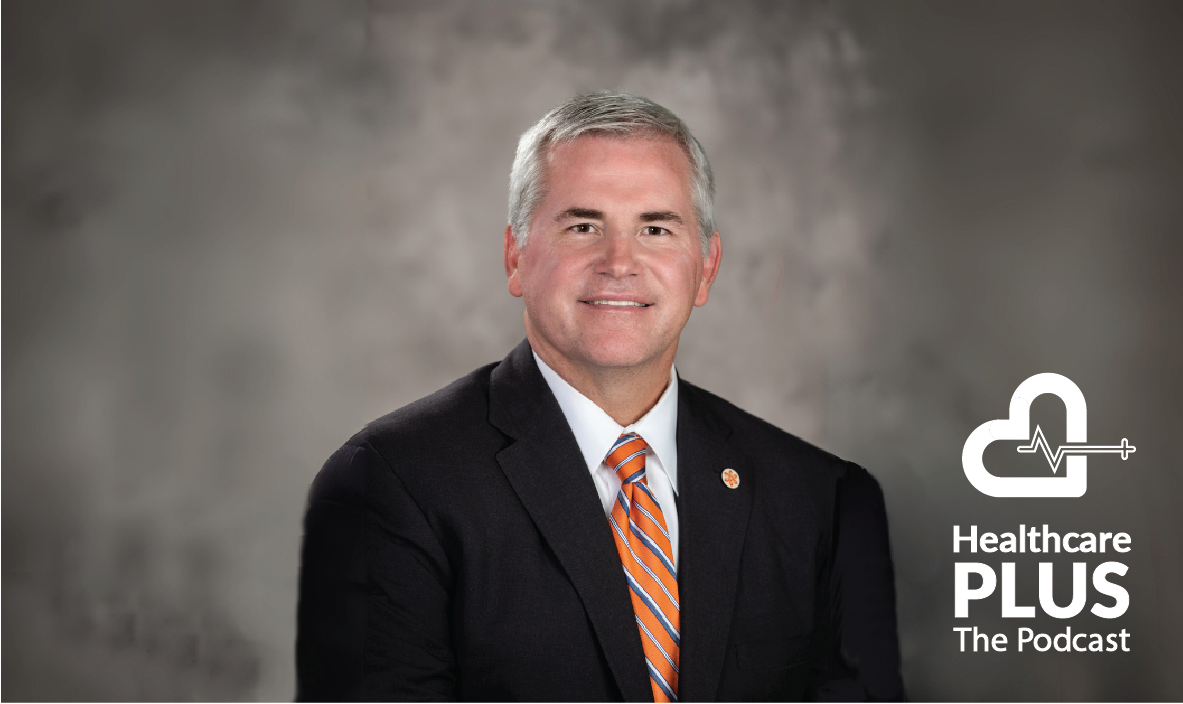93_ Strategies for Improving Healthcare Outcomes and Employee Engagement with Mark Slyter, President and CEO, Dignity Health
On this episode of The Healthcare Plus Podcast, Quint Studer is joined by Mark Slyter, a senior healthcare executive who creates and executes breakthrough strategies that revitalize organizations at an accelerated pace. Currently, Mark works for CommonSpirit Health and serves as President and CEO of Dignity Health’s Arizona East Valley Market, where he oversees several large hospitals and urgent care centers.
Mark discusses his approach to improving healthcare outcomes by reinforcing their culture with “Excellence Every Day, Every Way”, which focuses on establishing consistent behaviors, investing in innovation, and enhancing effective communication. Thus far, this has resulted in significant improvements in patient safety, experience, employee engagement, and financial performance.
Mark shares specific strategies he has leveraged, such as using technology to improve patient communication and implementing care coaches on units. He also emphasizes the importance of making investments in these initiatives, rather than viewing them as expenses. Quint highlights the importance of combining technology with personal relationships to improve outcomes and shares solutions for creating consistent messaging throughout hospitals to improve branding and recognition and tie your values to patient experience.
Mark encourages other healthcare leads to reach out to him for more information by connecting with him on LinkedIn.
About Mark Slyter
During Mark Slyter’s 25-year career, he has achieved progressive healthcare experience at leading health systems and hospitals including Dignity Health, Phoenix, AZ, General Health System, Baton Rouge, LA, Mississippi Baptist Health Systems, Jackson, MS, Baptist Health System, Jacksonville, FL, and Greenville Hospital System, Greenville, SC. Mark has a traditional career progression as the executive operations leader in small (56-bed), medium (146-bed), and large (651 bed) hospitals, including ACS Level I Trauma, and then advancing to serve as the CEO in multi-hospital, tertiary, and academic health systems. Mark has developed and led statewide Integrated Delivery Networks as large as 9,000 physicians, 200 facilities, 72,000 commercial lives, and 270,000 Medicaid lives.
The importance of evidence-based leadership has inspired Mark to achieve his Doctorate in Health Services and position health systems for more complex, comprehensive care through academic programs. Mark has led both start-up academic medical centers (124 residents) and established major teaching hospitals that annually train more than 500 medical students, residents, fellows, nurses, technologists, and other healthcare professionals.





